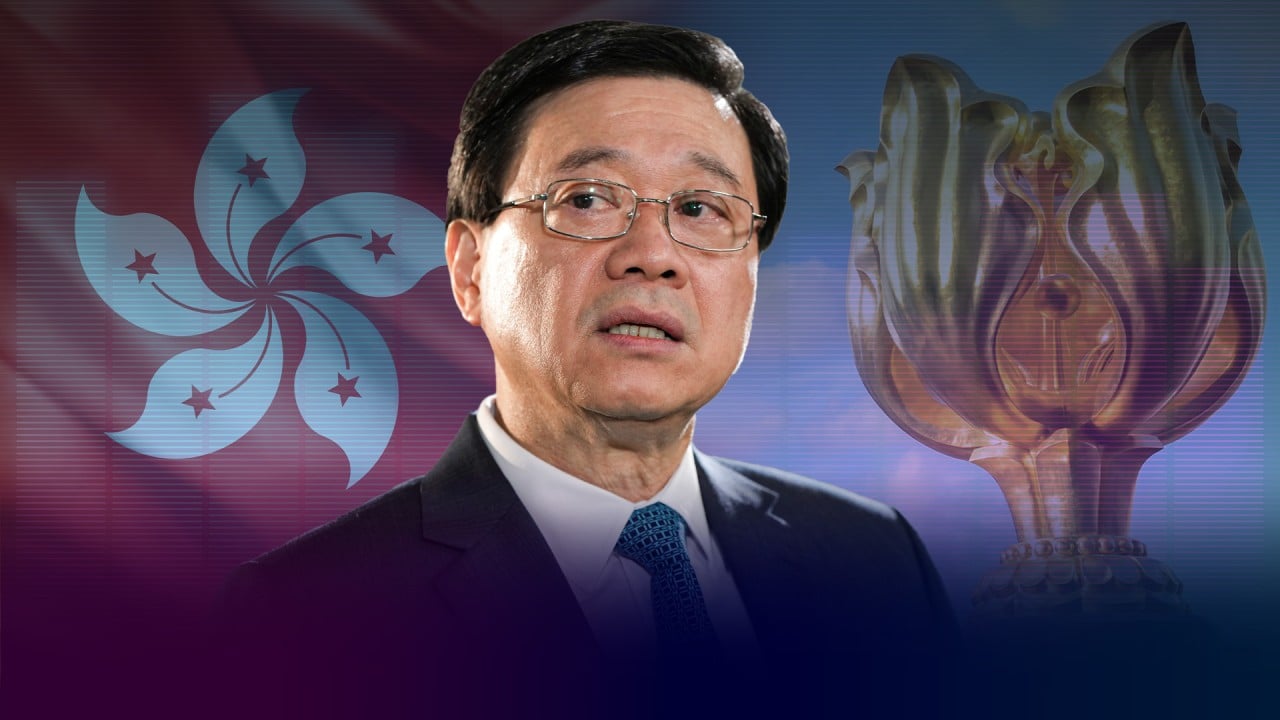
Values that make Hong Kong unique just as important as they were in 1997
- The core values including a high degree of autonomy, an independent judiciary and the protection of rights should not be forgotten
The morning after the night before. I remember it well. Freewheeling, shamelessly capitalist Hong Kong awoke on July 1, 1997, bleary-eyed and little hungover, to find itself part of communist China. A new era had begun.
There had been celebrations, protests, parties and fireworks, amid unrelenting rain. But as early risers watched the People’s Liberation Army roll across the border, most of us were unsure what the future held and how the imaginative “one country, two systems” concept would play out.
The Sino-British Joint Declaration of 1984 established that Hong Kong would become an inalienable part of China. But it would enjoy a high degree of autonomy with its own government, legislature and independent judiciary. Capitalism would continue, as would the common law legal system. Rights and freedoms were to be protected.
These principles were enshrined in a Basic Law in 1990. It was not an easy process. Political divisions emerged between pro-democracy and pro-Beijing camps, sharpened by the Tiananmen crackdown.
By the time of the handover, relations between Britain and China had broken down. Many of the issues that arose in that transitional period have remained contentious ever since. They include national security laws, the pace of democratic reform and the extent to which rights are protected.
In the early years, Hong Kong was given much latitude, with Beijing determined that the new arrangements would be seen as successful. It stepped in five times between 1999 and 2016, using its power to interpret the Basic Law, to resolve constitutional issues and to assert its will.
The Basic Law promises gradual progress towards universal suffrage for the election of the legislature and chief executive. This dominated the city’s politics. The pace of reform was slow. Any realistic prospect of the “ultimate aim” being achieved probably ended when democrat lawmakers voted down Beijing’s conservative proposals in 2015.
‘Hong Kong teachers, students must defend national security under patriotic bill’
Then, events began to spiral. Calls for universal suffrage became, among a minority, demands for independence. A misguided government plan to introduce a controversial extradition law sparked mass protests in 2019, which descended into months of civil unrest.
The demonstrations faded with the outbreak of Covid-19. Then, in 2020, Beijing took control. A new national security law dramatically changed the legal and political environment. Opposition figures were arrested, many civic groups and some media organisations folded. A new political system, designed to ensure only “patriots” wield influence, was established.
Yesterday marked the 20th anniversary of the first July 1 march, attended by 500,000 people. It became an annual event. Now, protests are rare.
These dramatic changes have been described by some as a “second handover”. Zheng Yanxiong, director of the central government’s liaison office, said “the familiar and lovely Hong Kong we have seen in the past is back”.
But the city has been transformed. Some say the one country, two systems concept has failed. Whether you agree might depend on the form you expected it to take. Hopes, long harboured by many, that Beijing would allow Hong Kong to become a near-autonomous liberal democracy have died.
Looking back, it is, perhaps, surprising that the dream lasted so long. Many feared, on the night of the handover, the changes of recent years would come much quicker.
1 year of Hong Kong’s John Lee: a look at his more controversial moves
One country, two systems remains, but in a different form. Many original features are still in place, from the common law legal system to the Hong Kong dollar, the free flow of capital and the city’s Olympics team.
The government remains concerned about perceived national security threats amid global tensions. But as Hong Kong seeks to emerge from the pandemic and assert its role as China’s bridge to the world, its core values should not be forgotten. They include a high degree of autonomy, an independent judiciary and the protection of rights, especially free speech.
These values are an integral part of what makes the city unique. They remain as important today as they were on that historic night in 1997.


